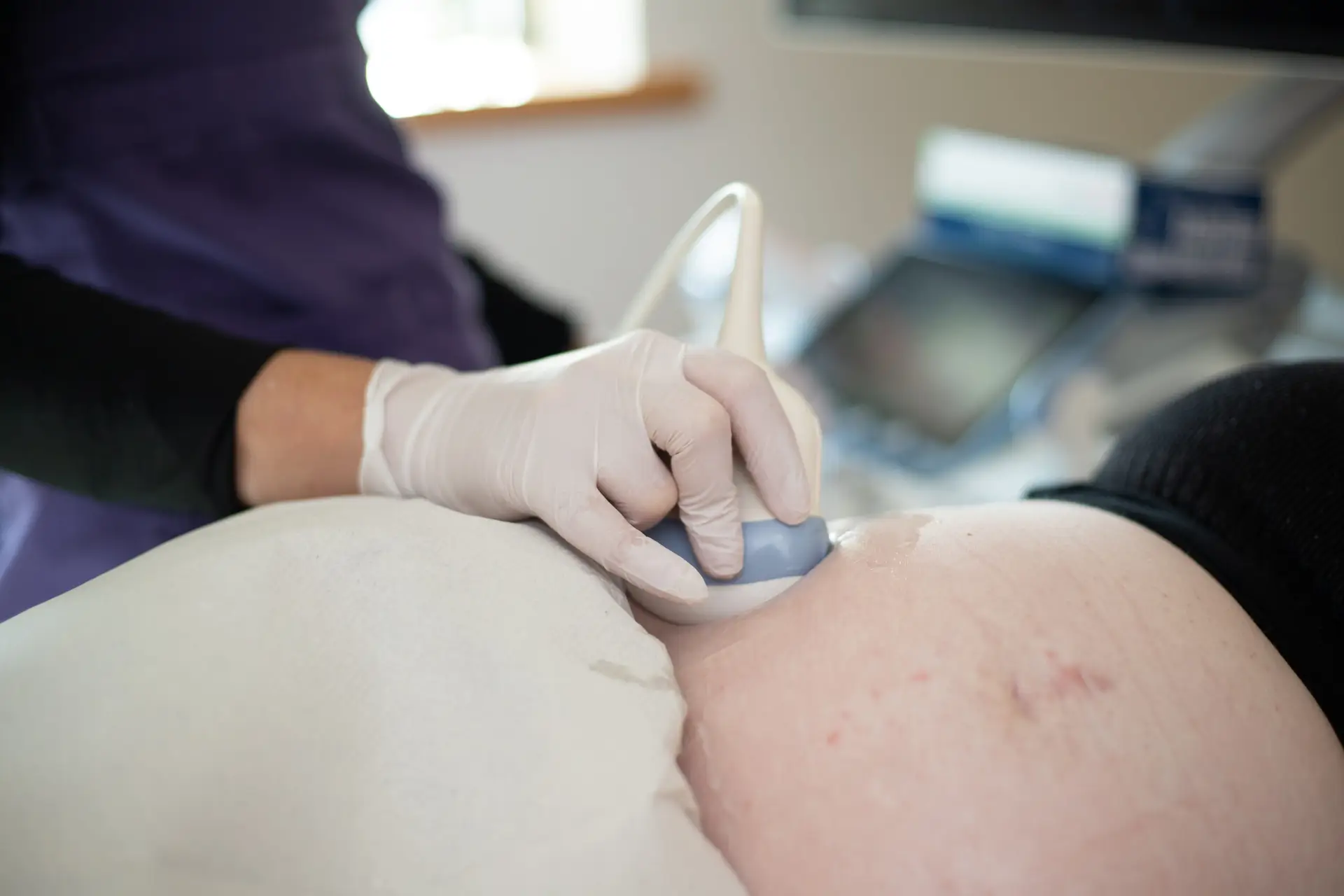
Sophia McCarthy
Operations Manager
Congratulations, you’re almost halfway through your pregnancy! By now, your doctor may have recommended a Detailed Anomaly Scan. While the name may seem daunting, this is probably the most important scan during pregnancy and is an entirely routine part of the process.
What is a Detailed Anomaly Scan?
A Detailed Anomaly Scan is a detailed examination of your baby to make sure everything is developing as it should be, while also checking for birth defects like spina bifida and heart problems. The scan can also detect subtle markers that may suggest that your baby is at higher risk for chromosomal syndromes. As the scan can detect conditions that may benefit from early medical intervention, its findings can give expectant parents valuable preparation time to adjust
their birth plan and any aftercare needed with their obstetrician.
It is completely natural to feel worried or nervous at the thought of an anomaly scan, so please note that most babies are normal and that the scan often simply provides reassurance. As Everymum.ie nicely puts it: “Maybe we should call it the ‘everything’s fine’ scan.”
What happens during a Detailed Anomaly Scan?
Between 19 – 23 weeks, your baby is the correct size to have all their vital organs assessed, allowing your sonographer to perform a diligent assessment to make sure everything is working and developing as it should. They will examine organs such as the heart, brain, kidneys and stomach. They will also examine amniotic fluid levels, the cervix and the placenta. Measurements will be taken of the bones in the arms and legs, and the spine will be checked for any abnormalities such as spina bifida. The baby is developed enough at this stage for us to see their face in more detail and your sonographer will use this opportunity to check for cleft palate. As your baby will have passed the 16 week mark, you can also see the gender.
As mentioned earlier, a Detailed Anomaly scan can identify what we call ‘soft markers’ for chromosomal abnormalities. Examples of these markers are thickened skin behind the neck, excess fluid in the kidneys, short arms or legs, bright areas in the heart or abdomen or cysts in the brain. However, it’s important to note that this scan cannot diagnose chromosomal conditions with 100% accuracy – these ‘soft markers’ are there to serve as significant indicators that will inform you and your doctor of the medical care needed in the lead up to Baby’s arrival, as well as any aftercare required. Our sonographers are highly-experienced and are more than happy to talk you through the study as they work. In the event that we discover something that is not in keeping with normal appearances, we will refer you to a fetal medicine specialist for further testing or counselling.
You can find out more information on our Detailed Anomaly Scan and book online here. If you would like more information on anything covered in this post, you can get in touch via info@theultrasoundsuite.ie or send us a message on our Facebook page and we will get back to you as soon as possible. Our website www.theultrasoundsuite.ie also provides a wealth of information on our various policies and procedures.
We look forward to seeing you soon!
